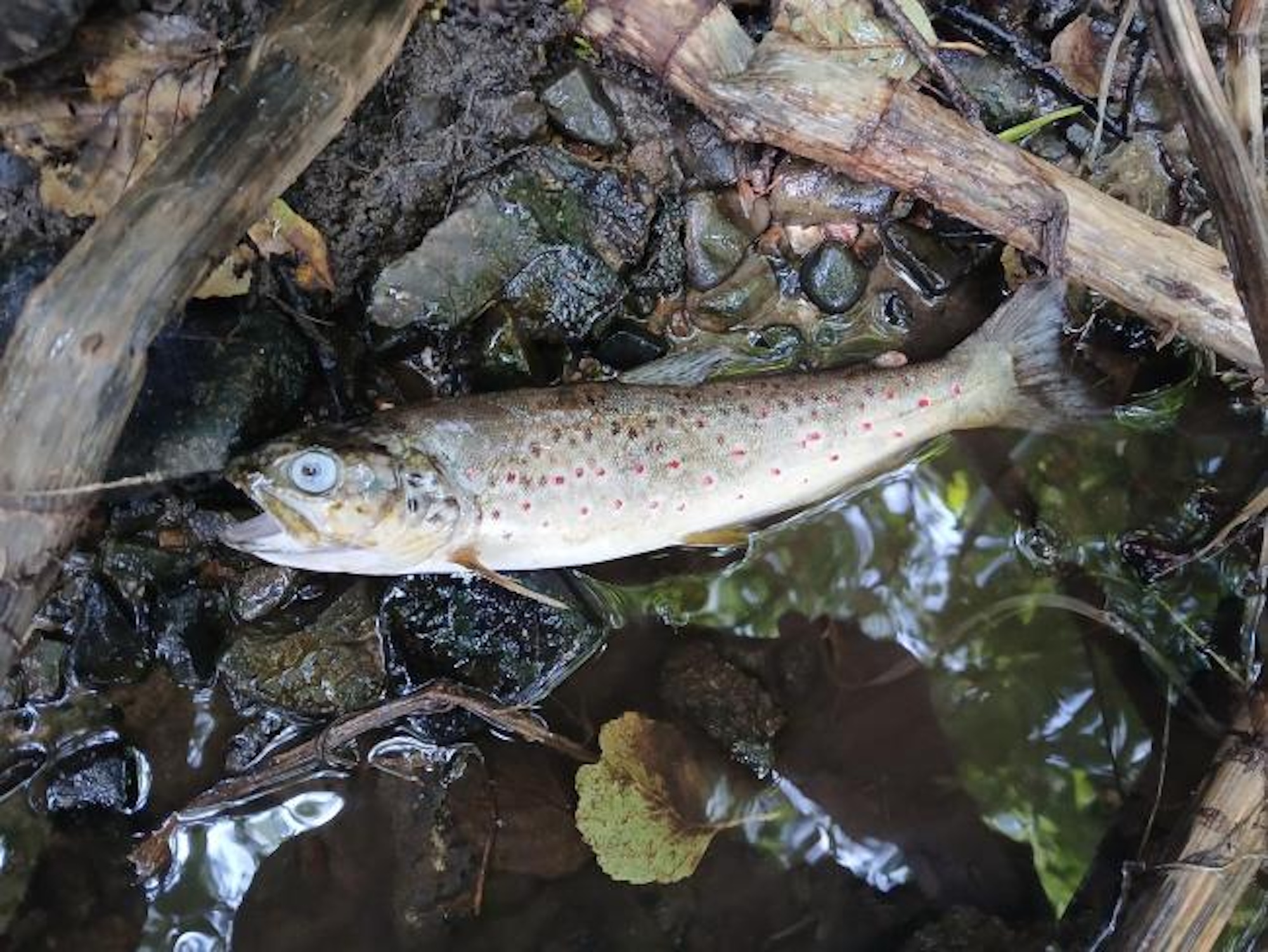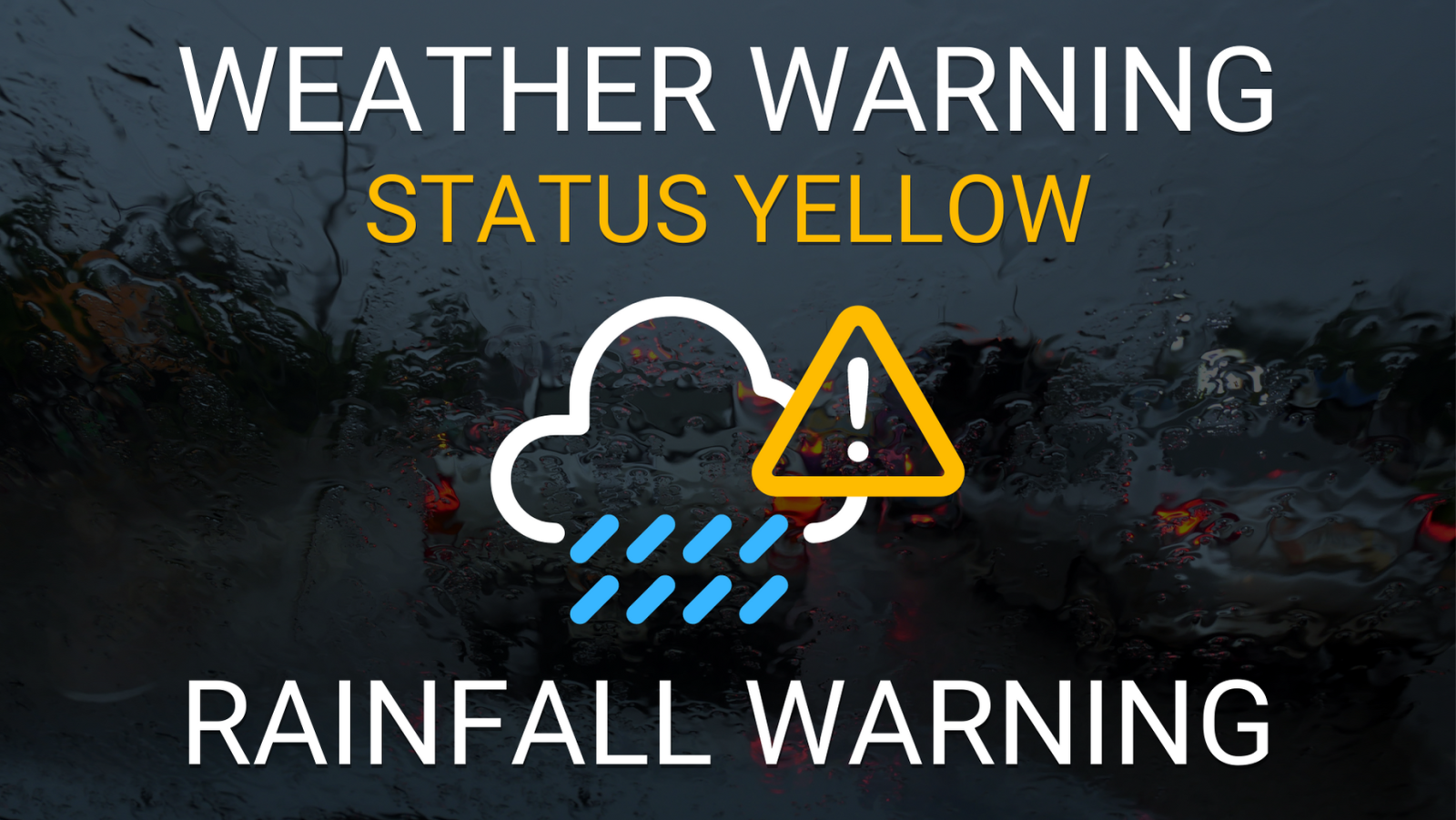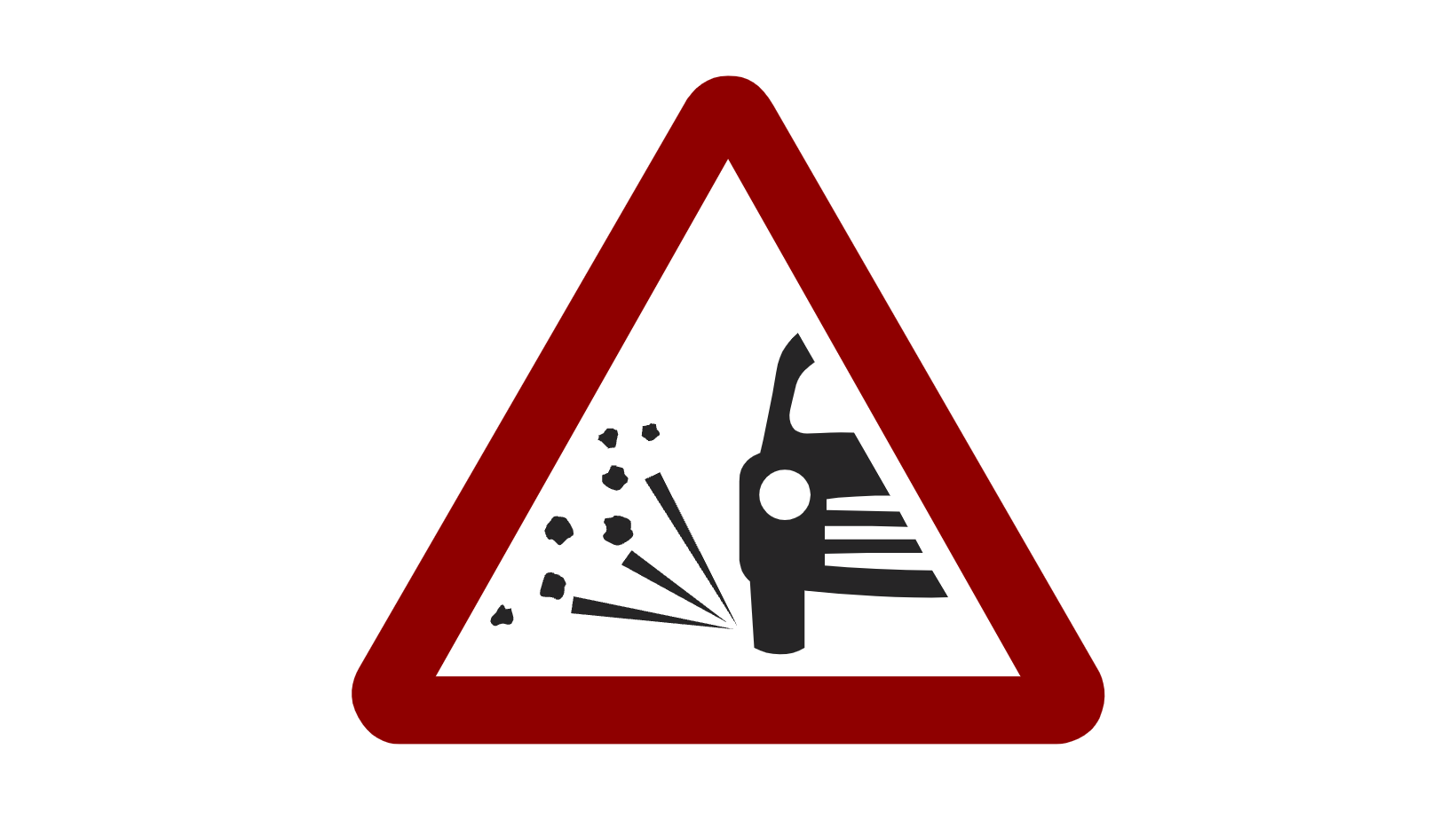Blackwater Fish Kill Investigation Yields No Conclusive Results Despite Extensive Testing
Extensive Blackwater fish kill investigation concludes with no definitive cause found despite testing 900 compounds across multiple agencies.

An exhaustive month-long investigation into the significant fish mortality incident on the River Blackwater has failed to identify the specific cause, despite extensive laboratory testing and multi-agency investigations involving over 900 compounds and hundreds of site inspections.
Minister Timmy Dooley chaired the fifth inter-agency group meeting this week to review findings from the investigation into the fish kill that affected the Munster Blackwater in August. The comprehensive probe involved multiple state agencies working to determine what caused the death of significant numbers of fish in the river system.
Laboratory analysis of 28 brown trout specimens, conducted by specialist facilities in Germany through Eurofins Environment Testing Ireland, screened for 900 different chemicals including pesticides and heavy metals. The testing revealed no harmful substances above acceptable levels, apart from naturally occurring heavy metals commonly found in Irish surface waters.
Technical teams concluded the most likely cause was an irritant in the water, but the source and specific compound remain unknown despite the extensive investigations. The findings highlight the challenges faced by environmental agencies in identifying pollution sources in complex river catchments.
The investigation involved unprecedented levels of inter-agency cooperation across Cork and the wider Munster region. The Environmental Protection Agency conducted 41 inspections at 31 regulated sites and collected 40 samples for analysis. Cork County Council carried out 20 inspections of licensed discharges and 14 inspections of agricultural activities to examine pesticide use.
Inland Fisheries Ireland completed 200 habitat inspections and 10 macroinvertebrate surveys, including specialist electrofishing boat surveys. The Marine Institute conducted diagnostic testing to evaluate disease presence, while multiple water quality assessments were carried out throughout the Kanturk to Mallow area.
Minister Dooley expressed disappointment at the inconclusive results:
"It is deeply regrettable that the extensive work carried out to get to the bottom of this incident has not yielded any definitive results. I have requested a comprehensive inter-agency report on the investigation into this incident, as it will be important to understand how we can streamline our cross-agency response to these incidents."
The Minister emphasised the need for improved prevention measures:
"More importantly, we need to intensify our efforts to prevent these incidents from occurring in the first place. These fish kills have a devastating impact on the local community, the angling community, and everyone in these areas."
Angling continues on the Blackwater with no current water quality issues detected. Uisce Éireann has confirmed that drinking water from the Mallow treatment plant remains safe, with monitoring showing compliance with all Drinking Water Regulations requirements.
While fish populations are expected to recover naturally, the incident has had significant impact on the area's angling community and local ecosystem. All agencies continue routine surveys and inspections to identify potential risks across the Blackwater catchment and other water courses.
The agencies will now conduct a comprehensive review of their response, including recommendations for future action both for the River Blackwater catchment and other river ecosystems across the region.



